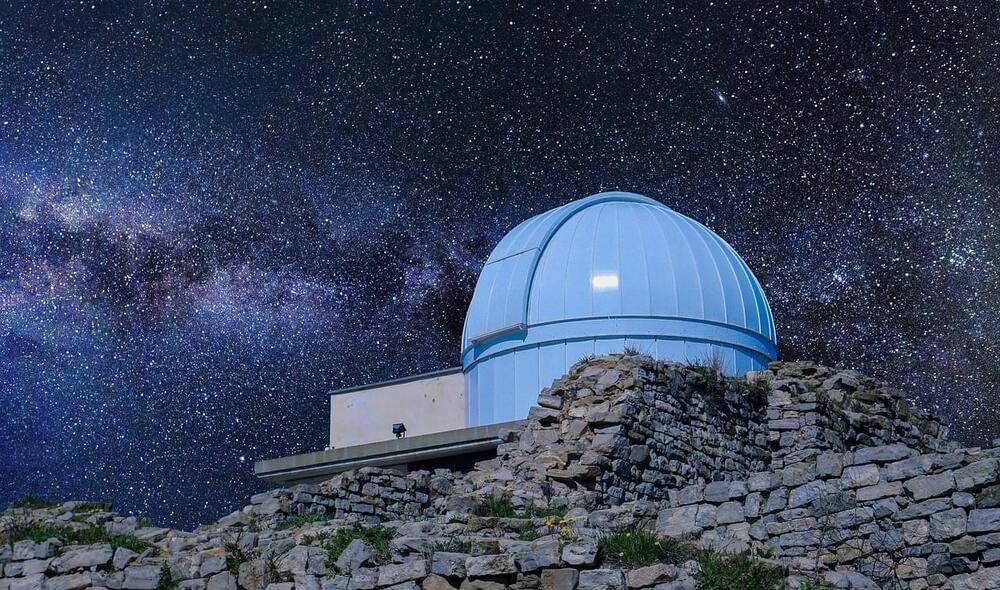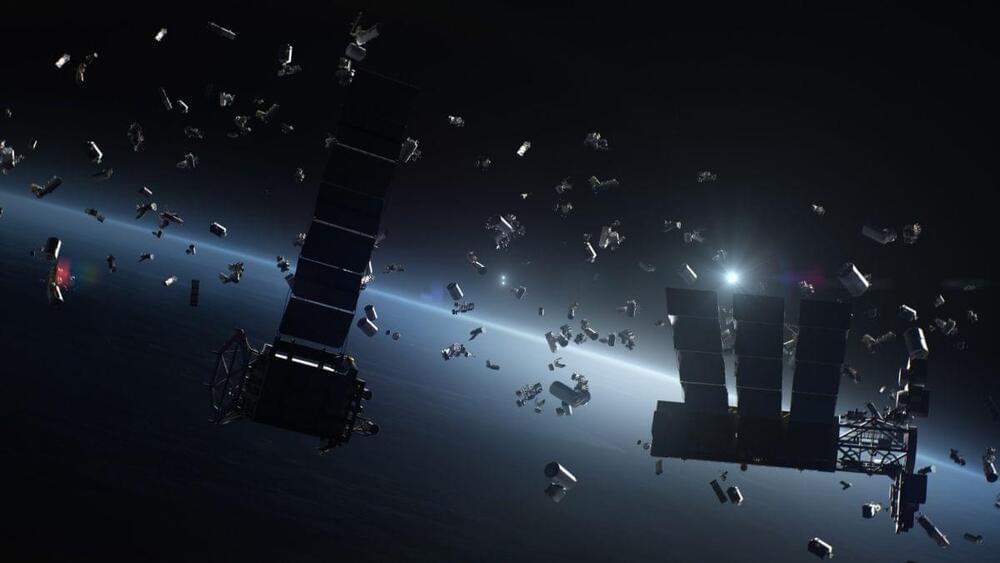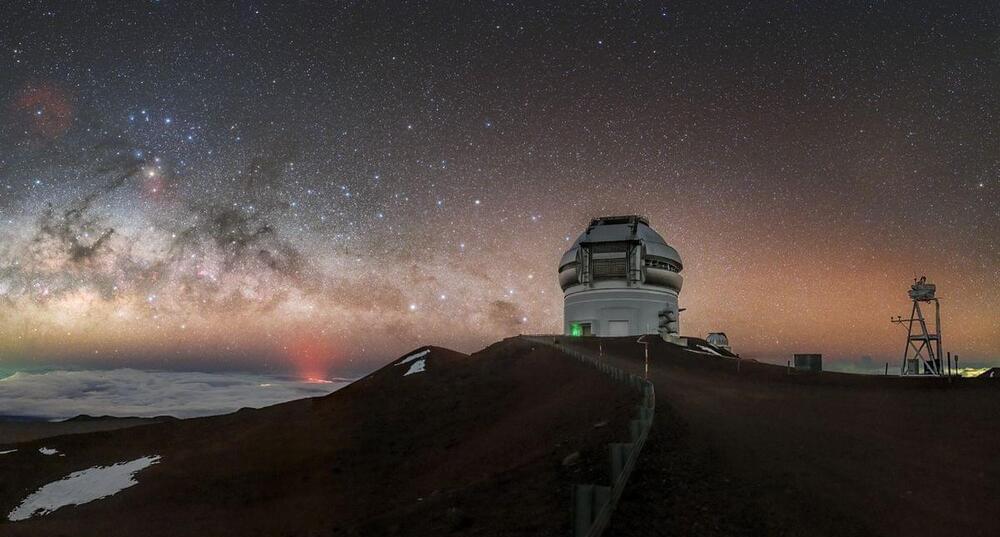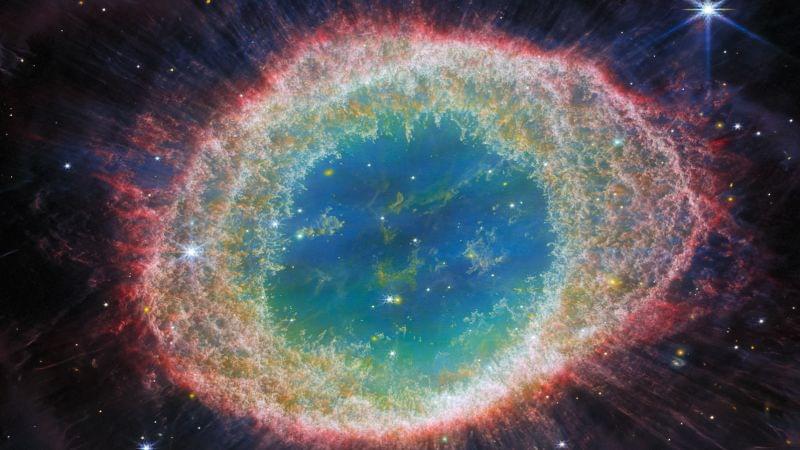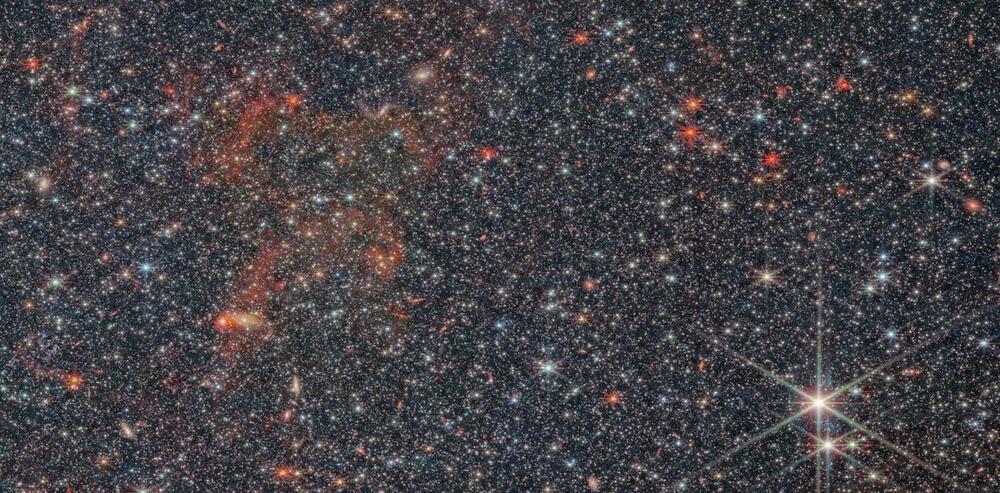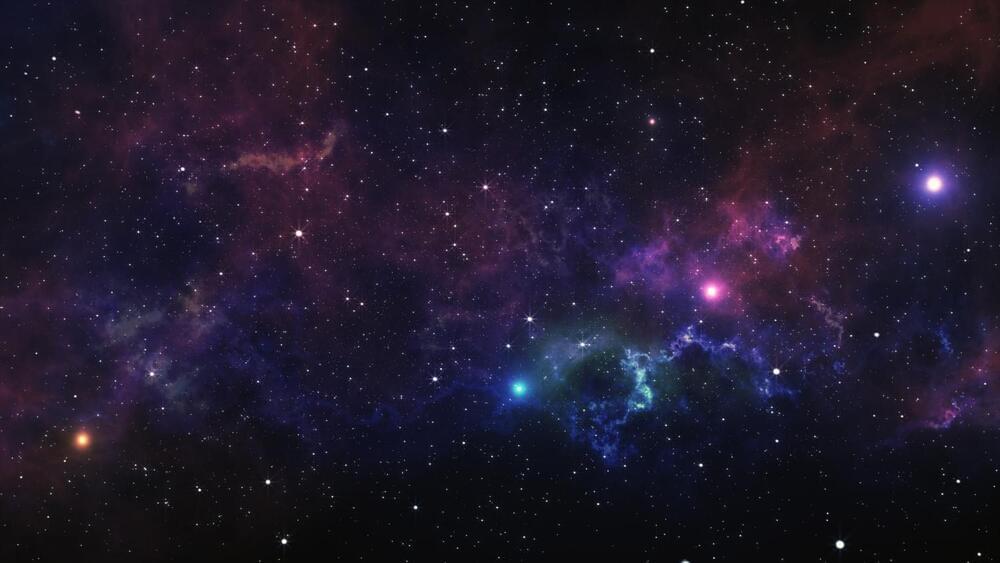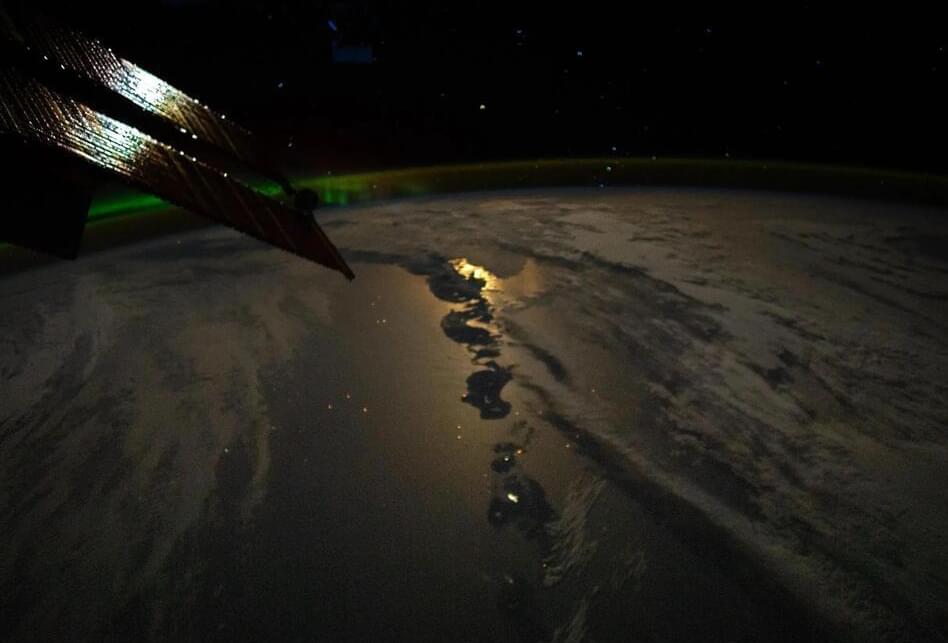Aug 29, 2023
Major Cyberattack Disables Telescopes in Hawaii and Chile
Posted by Shubham Ghosh Roy in categories: cybercrime/malcode, space
This post is also available in:  עברית (Hebrew)
עברית (Hebrew)
Prominent National Science Foundation (NSF) space telescopes worldwide have been shut down due to a major cyberattack, the reason for which is unknown. For over two weeks, ten telescopes have been impacted, while some on-site operatives were able to keep some operational. These shutdowns have caused chaos in the astronomy sphere due to many essential windows of opportunity being missed for space observations.
NOIRLab (the NSF-run coordinating center for ground-based astronomy) said in a press release “Our staff are working with cybersecurity experts to get all the impacted telescopes and our website back online as soon as possible and are encouraged by the progress made thus far.”
